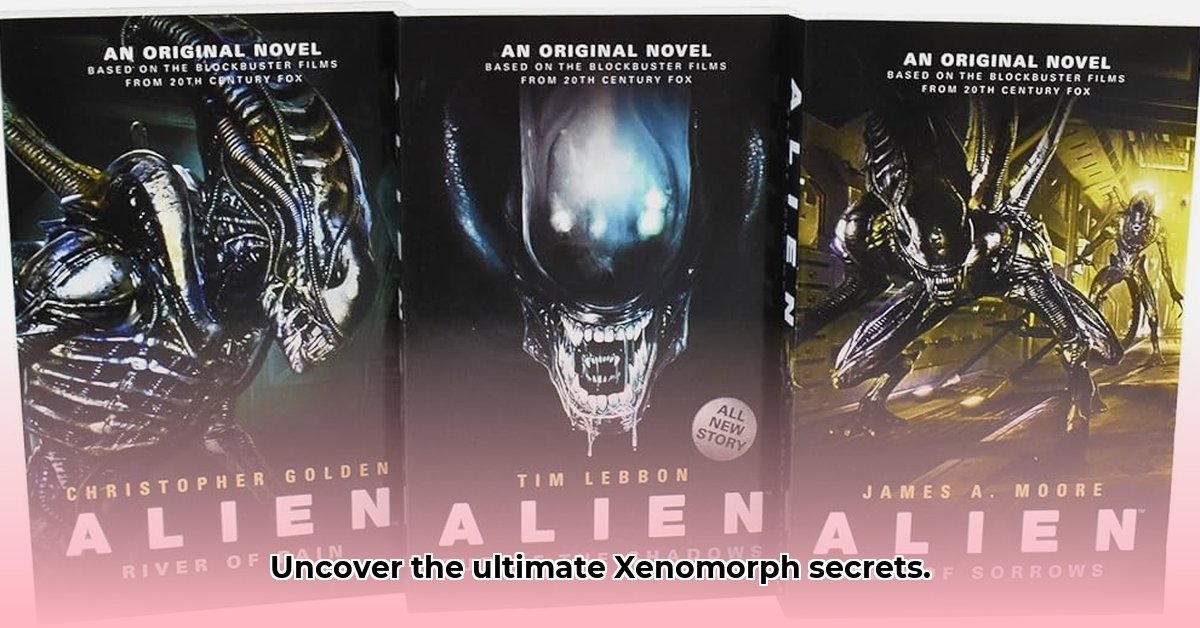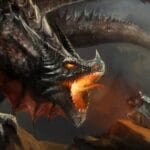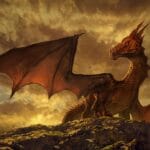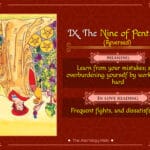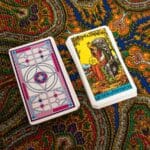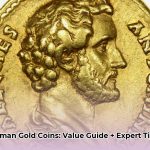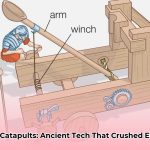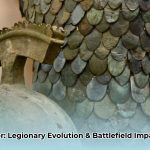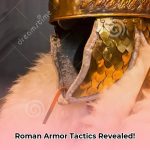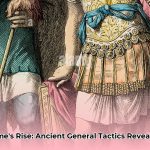Ever wondered what happened before Ripley faced the alien queen, or what other terrifying creatures lurk in the shadows of the Alien universe? The Alien books are a wild ride, jumping between amazing stories and some… less amazing ones. This guide sorts through the chaos, showing you the best (and worst!) Alien novels in order, pointing out what’s officially part of the “real” story and what’s more of a fun side trip. We’ll break down each book, telling you what’s good, what’s not so good, and how it all fits (or doesn’t fit!) into the bigger picture. Whether you’re a die-hard fan or just curious about what’s out there, get ready to explore the crazy, sometimes confusing, but always exciting world of Alien literature.
Alien Books: A Journey Through the Xenomorph Saga
Dive into the thrilling world of Alien novels – a vast and varied landscape that expands on the iconic films. From faithful adaptations to wild original stories, the Alien book universe offers something for every sci-fi horror fan. But be warned: Not all books are created equal. Let’s navigate this complex and sometimes inconsistent literary saga together, exploring both novelizations and original content.
Early Encounters: Recreating the Iconic Horror with Novel Adaptations
The first Alien books were, naturally, novelizations of the movies. Alan Dean Foster’s 1979 Alien is the gold standard – a chilling page-turner that expertly captures the claustrophobic dread and suspense of the original film. It’s a must-read for any serious Alien fan, offering a deeper exploration of the characters and events already familiar from the silver screen. These early adaptations provided a solid foundation, accurately translating the movie’s atmosphere and building anticipation for what was to come. While they primarily retell the film’s events, they add nuances and details that enhance the overall experience, solidifying their place within the Xenomorph saga. The novelizations of Aliens, Alien 3, and Alien Resurrection, also initially penned closer to each film’s release, offer similar, if less universally lauded, experiences.
Expanding the Universe: Beyond the Films with Original Alien Stories
Beyond the straight-up retellings, the Alien book series ventured out into uncharted territory, creating original stories that significantly broadened the franchise’s lore. These books introduced us to new characters, planets, and aspects of the Xenomorph life cycle. Think of it as a rich tapestry woven with threads of fear, mystery, and an ever-evolving alien threat. The series explored the origins of the Xenomorphs, proposed theories about their evolution and societal structures, and even investigated potential interactions with other extraterrestrial life forms. This expansion wasn’t always smooth sailing, however; some stories are better than others, showcasing the diverse range of styles in expanded universe content. Notably, the Alien: Out of the Shadows trilogy by Tim Lebbon, starting in 2014, attempted to bring a more cohesive and film-canon-adjacent narrative to the expanded universe.
Predators and Prey: A Monster Mash-Up in Alien vs Predator Crossovers
The crossover with the Predator franchise was a bold, if sometimes controversial, move. Pitting these two iconic monsters against each other created a new kind of action-horror spectacle. Did it work? The response is mixed. While some eagerly embraced the thrilling battles and unique storylines, others felt it somewhat diluted the core themes of the original Alien universe. This blending of franchises appealed to a wider audience, introducing a different flavor of horror to the mix, one that prioritized high-octane action sequences over the psychological suspense of the original films. However, this expansion brought with it its own set of challenges, namely, the balance between respecting established lore and forging new, exciting paths. Alien vs. Predator: Prey and subsequent novels delved into this mashup, showcasing brutal combat and exploring the dubious ethics of Weyland-Yutani’s involvement.
The Shifting Sands of Canon: A Labyrinth of Timelines and Story Arcs
Navigating the Alien book canon can be tricky. Some novels closely follow the film timeline, offering seamless extensions of the on-screen narrative. Others, however, branch off into alternate timelines and realities, creating a sometimes confusing patchwork of stories. This inconsistency can be frustrating for fans wanting a perfectly linear account of the Alien universe. However, this approach also offers significant creative freedom, allowing authors to explore diverse perspectives and “what if” scenarios. The lack of a rigid, universally accepted canon creates both challenges and opportunities, making it essential to consult fan communities for varying interpretations. It can be frustrating at times but also adds a layer of intrigue and allows for more experimental storytelling. The Alien novels published by DH Press in the mid-2000s, for example, took place after Alien Resurrection, despite some conflicting elements with previous lore.
A Spectrum of Quality: Some Gems, Some Misses in Alien Literature
The truth is, the quality of Alien novels is uneven. Some books are praised for their immersive storytelling, well-developed characters, and tightly woven narratives. Others… well, let’s just say they might leave you wanting more. Some may simply lack the depth and chilling atmosphere of the series’ strongest entries. Others might fail to deliver on the promise of thrilling action or psychological suspense. The overall quality varies wildly, with some authors truly capturing the essence of the franchise while others fall short. This inconsistency is the biggest challenge, making it essential to carefully research and choose your reading material. For example, Alien: Sea of Sorrows boasts impressive world-building, but its pacing falters in the second act. The original Aliens comic book adaptations, novelized in the 90s, also demonstrate this varying degree of quality, relying on the source material’s strengths and weaknesses.
Your Guide to the Perfect Xenomorph Read: Selecting the Best Alien Novels
To help you find your next Alien literary adventure, we’ve categorized the books to make your selection easier. Remember, personal preferences heavily influence enjoyment.
| Category | Description | Example Title(s) | Potential Strengths | Potential Weaknesses |
|---|---|---|---|---|
| Faithful Film Adaptations | Direct translations of the movies, often expanding on existing stories and characters. | Alien (Alan Dean Foster), Aliens (Alan Dean Foster) | Faithful to the film’s atmosphere, good for newcomers. | Might feel repetitive for long-time fans. |
| Original Stories: Expanding Lore | Explore new characters, planets, and aspects of Xenomorph biology and culture, often delving into the unknown. | Alien: Sea of Sorrows, Alien: The Cold Forge | Introduces new ideas, expands the universe. | Canon inconsistencies, varying quality. |
| Predator Crossovers | Action-packed thrillers pitting the Xenomorphs against the Predators. | Alien vs. Predator: Prey, Alien: Invasion | Exciting action sequences, unique matchups. | Can feel less focused on the core Alien themes. |
| Prequels/Sequels | Novels that expand upon previous events or set up future ones within the established timeline | Alien: Out of the Shadows, Alien: River of Pain | Expand the story’s scope, potentially answer questions fans have. | Risk of ruining existing lore if it is poorly done. |
| Comic Adaptations | Novelizations based on the Alien comic series, largely from Dark Horse Comics. | Aliens: Earth Hive, Aliens: Nightmare Asylum | Expands on comic storylines, offers different perspectives. | Quality varies with the source material, can feel detached from film canon. |
Ready to embark on your Alien literary journey? The vastness and variety of these books offer a wealth of horrifying adventures. Choose wisely, and prepare for a truly unforgettable experience. Remember to check reviews before diving in to avoid disappointment! The universe of Alien books is vast; find what resonates with your own unique taste and prepare to be thrilled, terrified, and fascinated. Don’t hesitate to delve into fan communities and online forums for up-to-date discussions and recommendations before committing to a specific novel.
How to Navigate the Alien Franchise Novel Continuity Inconsistencies
Key Takeaways:
- The Alien franchise’s literary landscape is vast and inconsistent, making canon determination tricky.
- A general hierarchy exists (films > games > books > comics), but even within these tiers, contradictions abound.
- Fan communities offer varying interpretations; there’s no officially sanctioned canon.
- Understanding this inconsistency is key to enjoying the diverse Alien stories.
Understanding the Alien Literary Maze of Canon and Timelines
Let’s face it: figuring out what’s “canon” in the Alien universe is like navigating a labyrinth filled with Xenomorphs. The novels, often officially licensed, frequently contradict each other—and sometimes even the movies themselves! So, how to navigate the alien franchise novel continuity inconsistencies? Let’s break it down, understanding the nuanced and often debated continuity. It’s important to recognize that 20th Century Fox (now Disney) has maintained a relatively loose grip on the expanded universe, contributing to the fragmented narrative landscape.
Categorizing
- Unlock ancient roman remedies: Natural treatments revealed for modern wellness. - August 17, 2025
- Unlock History: Ancient Roman Coin Necklace Trends & Buys - August 17, 2025
- Beyond Gladiators: Achievements in Ancient Rome Still Shaping Our World - August 17, 2025
